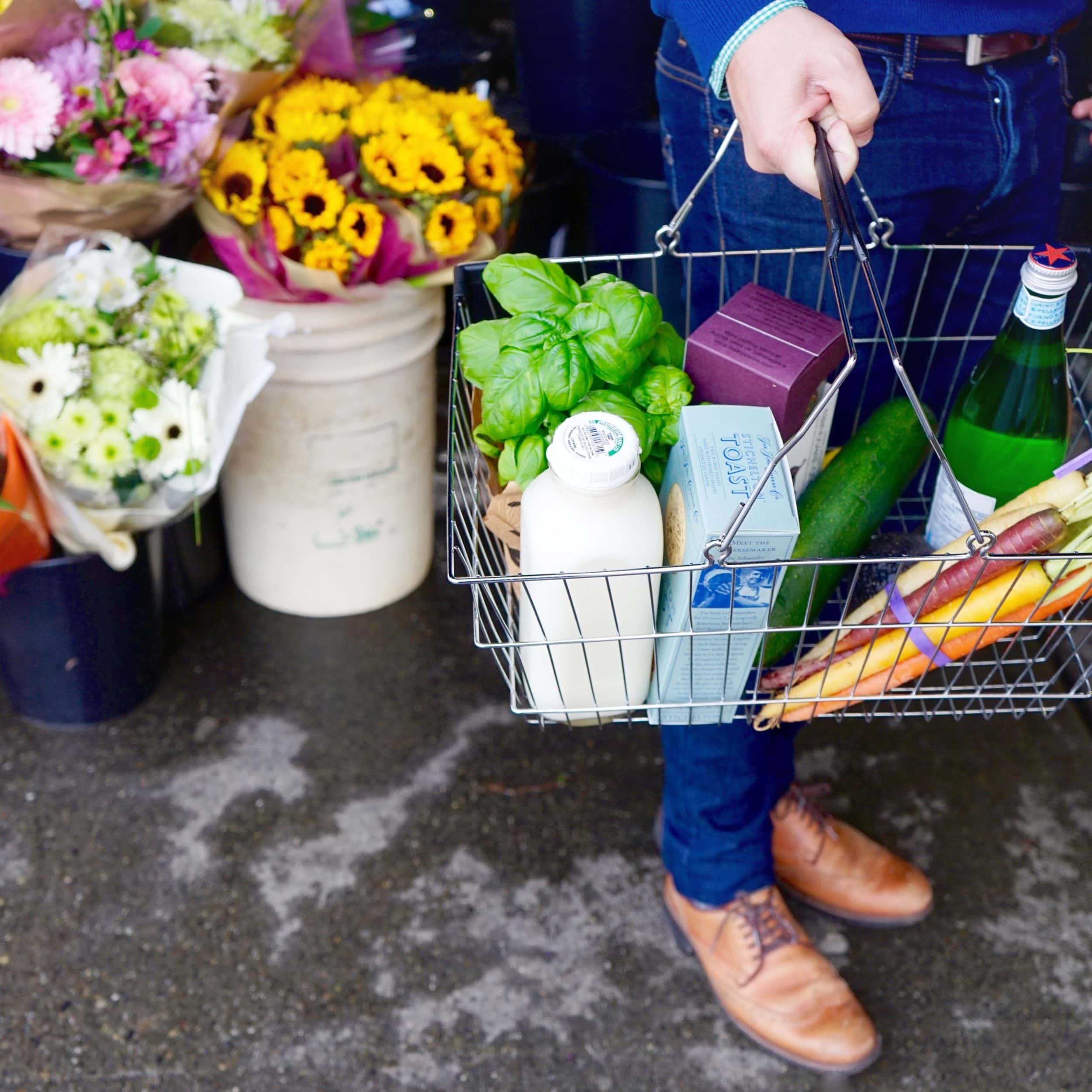In the first year of new trade arrangements between the European Union and the UK, the UK’s food and beverage industry has been hit hard.
The Food and Drink Federation, the largest trade organization representing the food industry, reported in December that since the Trade and Cooperation Agreement went into place on 1 January 2021, UK food and drink exports fell by 16%.
The main culprit for the drop in exports was a decrease in sales to the EU caused by both the COVID-19 pandemic and the new trade barriers with Europe. The UK lost 24% of its sales to the EU, worth £2.4bn.
Compared to pre-Brexit and pre-pandemic trade conditions, exports to what the federation calls its “core markets” are down by as much as half. Exports to Germany decreased by 44.5%, those to Italy by 43.3%, and those to Spain by 50.6%.
On the flip side, exports to countries outside of the EU increased by 11%.
Exports to China, Taiwan, and the United Arab Emirates all rose by approximately 20%. Japan purchased 10% more food and beverage products from the UK, and Singapore, 5%.
Imports from the EU were also down 11% compared to pre-COVID numbers, a loss of more than £2.5bn. The steepest decrease in imports were those from the Netherlands and Ireland, dropping by 20%, and those from Germany, falling 30%.
But the FDF fears the trend will only get worse in 2022 when the government implements delayed import controls. It is calling the government to act to assist companies in navigating the new trade conditions.
“It is extremely disappointing to see how badly our trade with the EU has been affected, with our smallest exporters hardest hit. It is essential that the Government works constructively with the EU to improve the implementation of the Trade and Cooperation Agreement to ensure that it works for small businesses, otherwise this downturn will be here to stay,” Dominic Goudie, head of international trade for the FDF, said in a press release.
In another example of how changes in trade deals may affect particular industries in the UK, Welsh farmers criticized a free trade agreement made with New Zealand in October 2021, Euractiv reported.
The Welsh National Farmers’ Union President, John Davies, said the Welsh lamb industry would become “economically unviable” once trade opened up with New Zealand. New Zealand lamb has a longer shelf life. Boris Johnson’s government, however, claims the trade deal will increase export opportunities.
According to The Guardian, the food and beverage industry is the UK’s most important manufacturing sector, surpassing the car industry in the number of employees.
A survey by the British Chamber of Commerce concurs with Goudie’s concerns that businesses are floundering in the new regulations. In a questionnaire of approximately 1,000 businesses taken in November, the chamber found that 45% of the firms surveyed “reported difficulties adapting to changes in rules for buying or selling goods brought about by the UK-EU Trade and Cooperation Agreement (TCA), while 15% reported that this was easy.”
“These data certainly do illustrate that the issues with the TCA are not ‘teething problems’ but more structural defects that, whilst fixable, if not attended to, will lead to long term damage to our economy,” Shevaun Haviland, Director General of the British Chambers of Commerce, said.






